 Do you have a crazy-awesome idea you want to turn into a novel? Brilliant!
Do you have a crazy-awesome idea you want to turn into a novel? Brilliant!
But before you begin, there are some dark secrets about writing you need to know. If you think writing a novel will be an effortless pouring of inspiration onto the page leading to a NYT best-seller and a six-figure publishing deal, you may want to hit pause.
Consider the following before you start joyously tippity-tapping away at the keyboard.
#1: It’s a lot of hard work

Okay I lied, you’ve probably heard this one already. But have you heard it from Ernest Hemingway?
There is nothing to writing. All you do is sit at a typewriter and bleed.
Sounds delightful, yes? Not only is the act of writing a labor in and of itself, but it is also mental and emotional work–some days it will drain you.
#2: It’s scary

When you write, you bare your soul. You make your innermost thoughts, beliefs, ideas, and feelings vulnerable to critique by the world. There is an underlying fear of failure and rejection with every word you type. Writing is an act of courage.
#3: You will have to make sacrifices

Writing a novel will suck up your time like a dementor sucks up happiness. Do you ever find you don’t have enough time to write? A serious writer has to make time, and this means making sacrifices. To make time to write I have sometimes sacrificed sleep, outings with friends, and movie nights.
#4: You must overcome the voice that says, “No one will want to read this.”

You know what I’m talking about. That little demon sitting on your shoulder, niggling in your ear. Yeah, that guy. He’ll tell you that your work is worthless and you’re wasting your time, but you have to learn to tell him to shut up. Basically, writing is an intense mental battle that will make you feel like a schizophrenic.
#5: Sometimes you will hate your writing—but that’s normal
Yep, you read that right. Every writer hates their writing. It’s healthy. So go ahead, hate away. It shows you are able to view your work critically, which is an important skill. Just don’t take your hatred to the extreme like Kafka, who asked his friend to destroy all of his fiction upon his death. Avoid melodramatics.
#6: You can’t wait for inspiration to write

That image of the writer enraptured by inspiration and pouring a brilliant novel onto the page with ease is a myth. Inspiration comes and goes in spurts. Writer’s block is the notorious beast that separates the wanna-be’s from the real writers. You must learn to slay it.
#7: You will spend most of your time editing

Your story isn’t finished once you type “the end.” In fact, that was just the beginning. You will spend more time editing (and re-editing) your novel than you did actually writing it. By the time you’re finished, the very sight of your novel will probably give you the strong urge to vomit. Or slam your head against a wall. Editing is a necessary evil.
If none of these dirty little secrets deter you, congrats! You have the mettle of a true writer. Ready to start on that novel? Next time, we’ll dig into creating life-like characters.










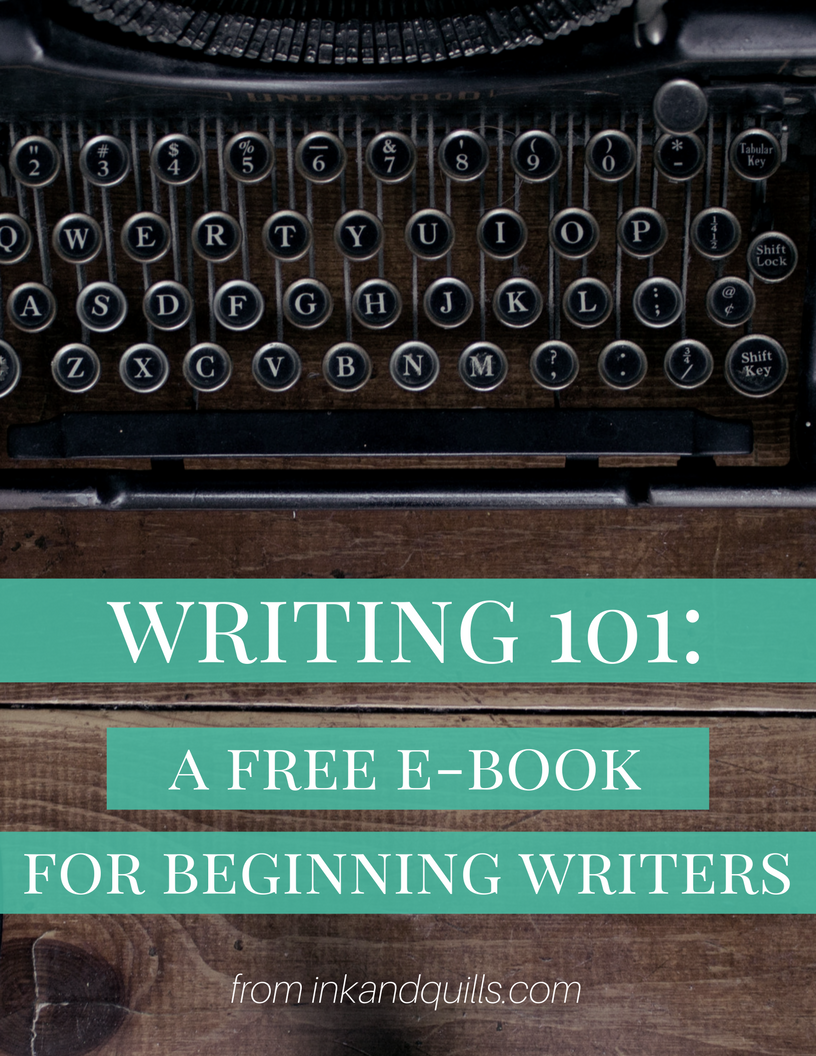

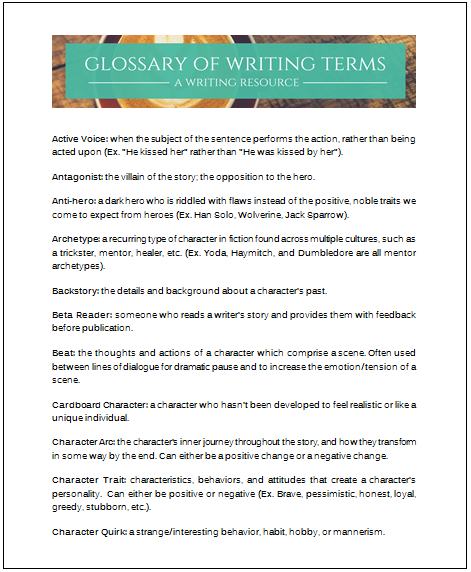

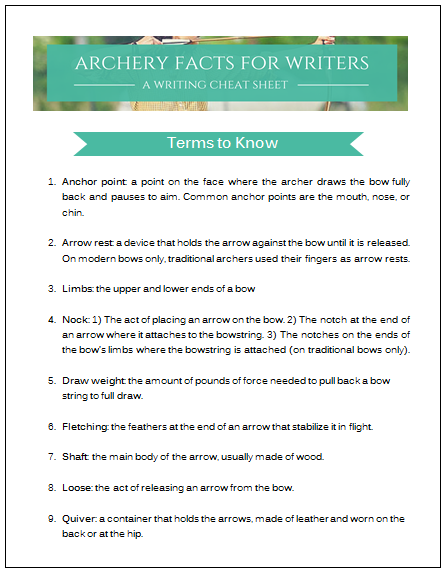



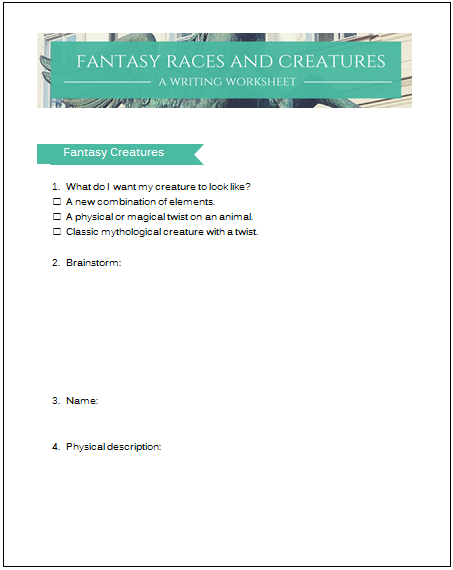


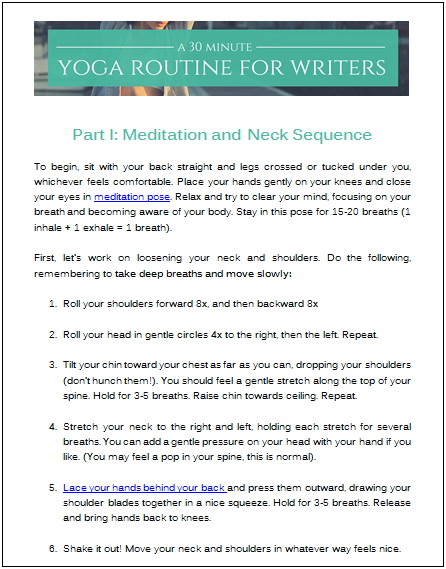
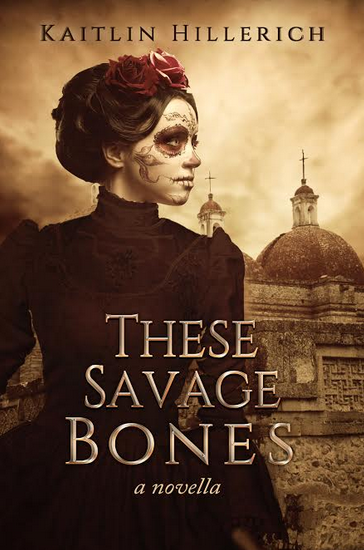
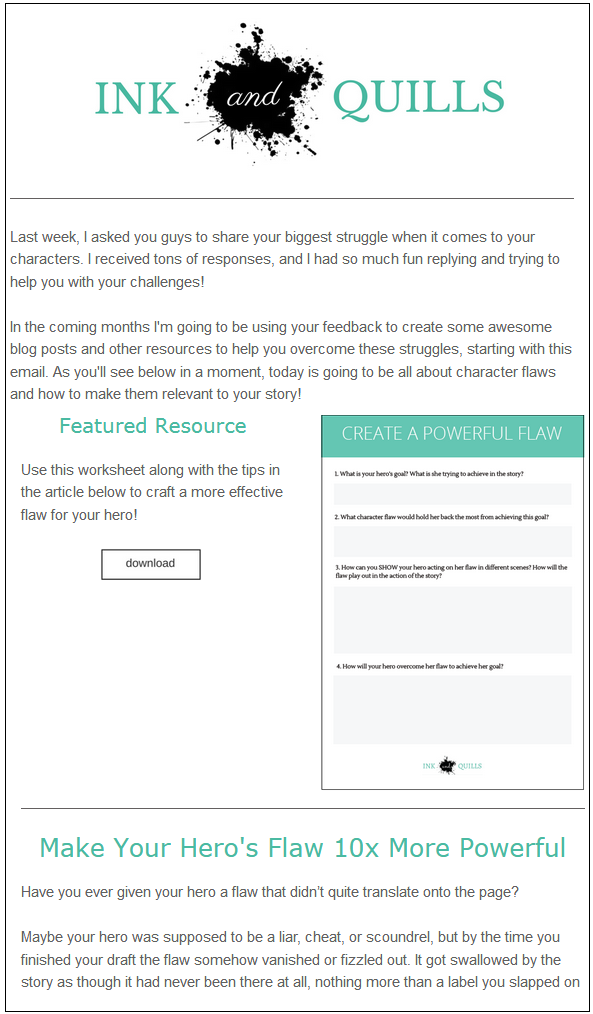
It’s so, so true! All of these. After I finished my first novel I thought things would get easier. Everything would fall in to place. Everyone would buy it and love it! Ha ha. Now the real work begins. P.S. – I love the gifs.
Glad you were able to relate, Athena 😉 And the work never ends for us writers, does it? haha
If I had read your article prior to or while writing my first book, I probably would have pooh-poohed it as just so much sour grapes. However, 4 books in and I find not only true, but an article worthy of a laugh at how naive I once was. Thank you…
Kaitlin, I’m seriously encountering ALL OF THIS right now. You are so right with editing. Any tips there? Thanks!
haha writing a novel is fun but it definitely has it’s struggles! 😉
When I edit I do it in “rounds” rather than trying to do everything at once. I’ve found it’s easier this way because there’s just soooo many things to focus on in a story!
So in Round 1 I’ll focus on major issues like plot holes, details that need more research, scenes or chapters that need to be rearranged/cut/rewritten, and so on.
Once I’ve gotten all of the “big picture” stuff take care of, I’ll narrow my focus. In Round 2 I’ll look more closely at my characters, dialogue, descriptions/word choice, pacing, and so on.
Then I do a third round which is mostly just a read-through/light proofreading. I might tweak some words or catch a few grammar slip-ups. I also try to look at the story from the perspective of someone who’s never read it and make sure it all makes sense and is engaging enough to keep them turning pages.
That’s a rough description of my editing process anyway, sometimes I have to repeat Rounds 1 & 2 depending on how much work the story needs haha. Hope that helps, Jim! 🙂
Love it. I think that’s been my approach honestly, but that “first round” is a bit overwhelming and in some ways I don’t think my first rough draft was really “done.” If that makes sense.